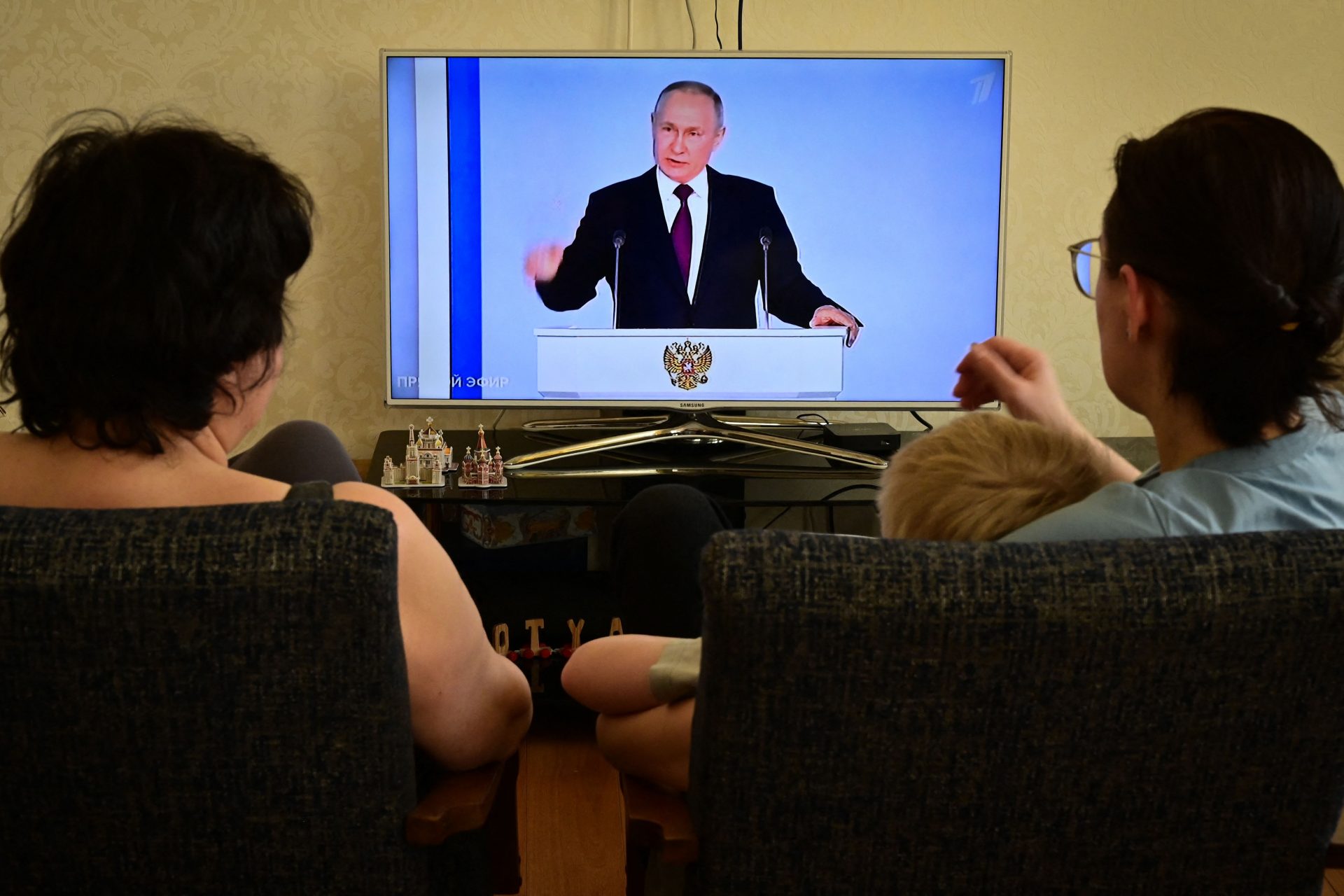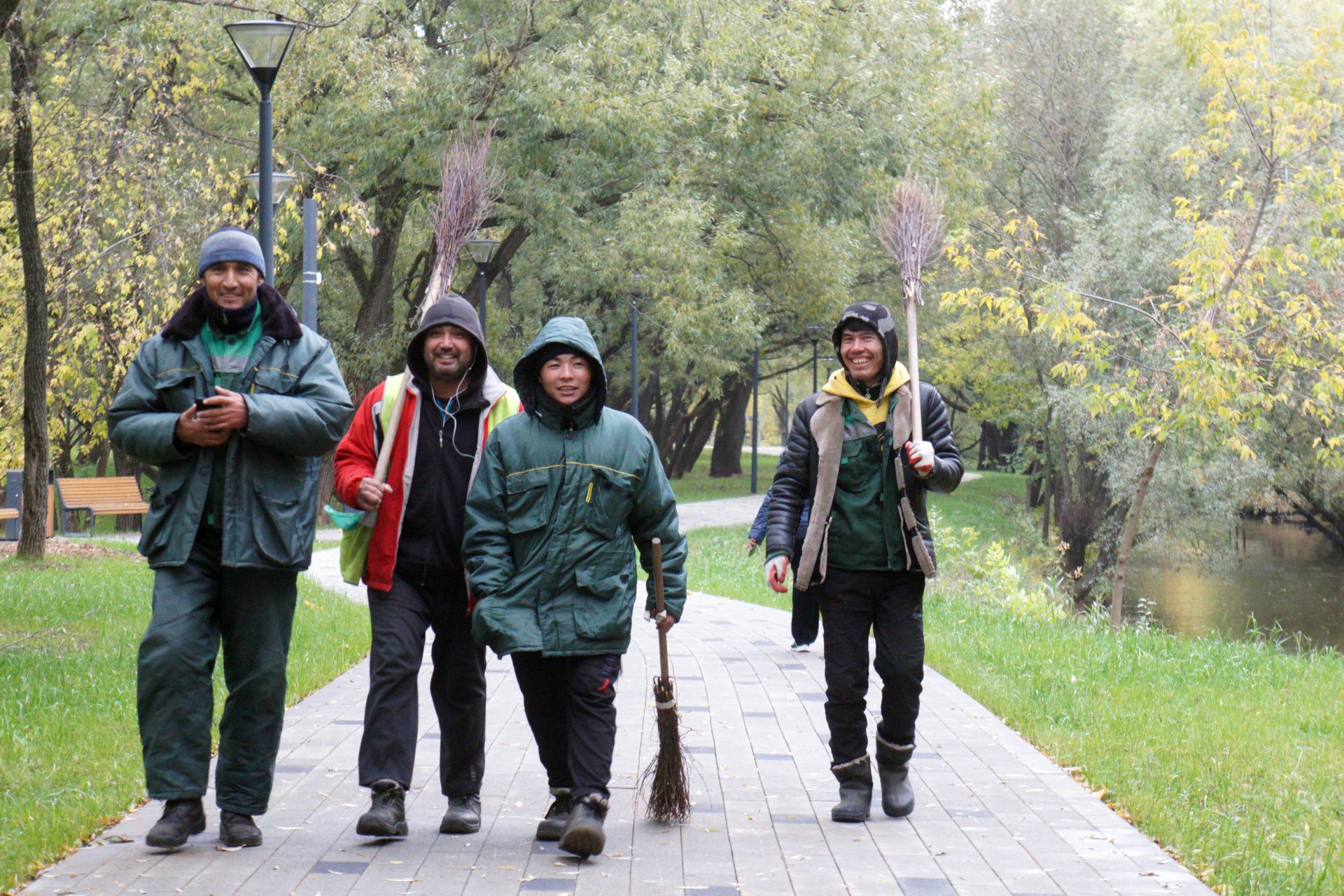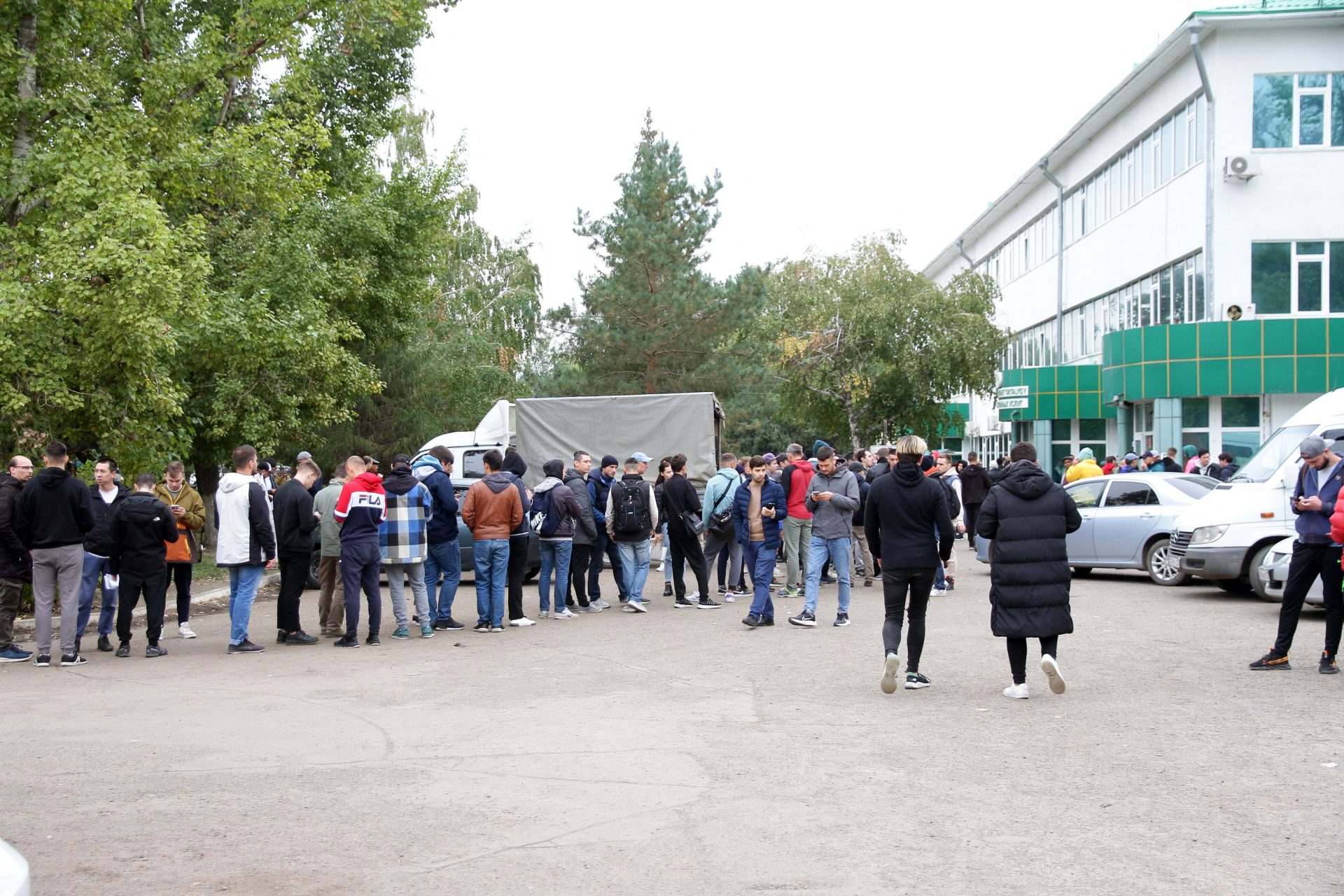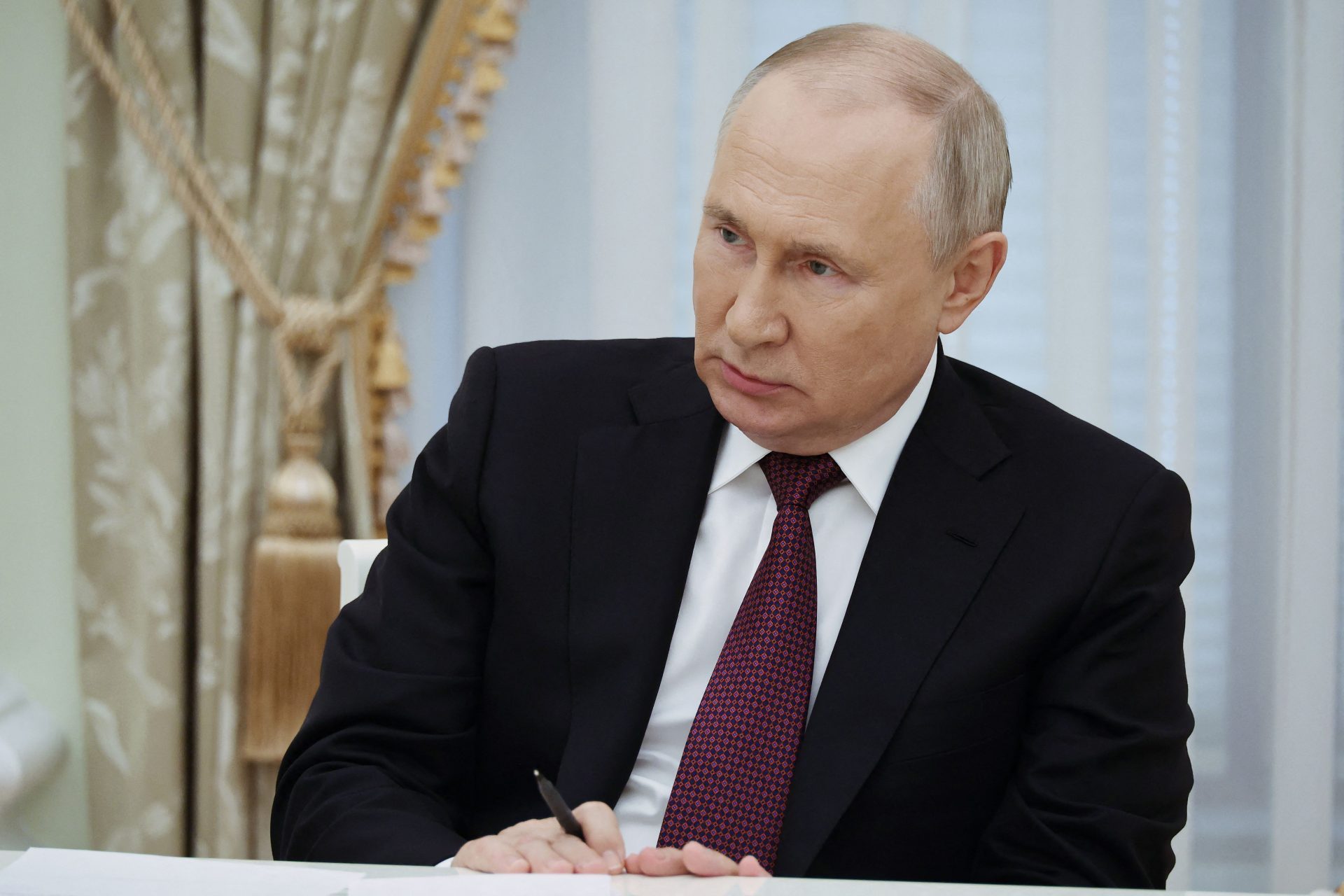Russia’s declining currency sparks major labor crisis fears
Russia could soon be facing a major labor crisis according to reports suggesting foreign workers are about to flee the country en mass due to the continued decline of the ruble.
The Moscow Times reported that both local and federal news channels inside of Russia have been awash with stories concerning the exodus of the country’s foreign migrants.
Central Asian migrants make up a significant portion of Russia’s worker population but the collapse of the ruble has reduced the amount of money that can be made in Russia.
“The fall in the value of the ruble affects the attractiveness of the Russian labor market,” Bakhrom Islamov told The Moscow Times about the situation that’s unfolding in Russia.
Islamov is the head of Uzbekistan’s diaspora association in Moscow and he conducted a poll in August of 20,000 Uzbek workers that revealed just how bad things could get.
Half of the respondents noted they were considering leaving Russia after the country’s currency fell to 100 rubles against the U.S. dollar, a situation that could prove ruinous.
Russia has been facing increased pressures on its labor market ever since the invasion of Ukraine began with the country’s workers either fleeing or being sent to the frontlines.
The Wall Street Journal reported in June that two waves of emigration in 2022 followed by the decision to mobilize 300,000 people “exacerbated an already tight labor market.”
Russia was already having major issues with its labor market prior to the war due to the country’s demographic decline, a situation made far worse by the conflict in Ukraine.
“The loss of human capital is a disaster for the economy and that’s on top of sanctions,” Vasily Astrov of the Vienna Institute For International Economic Studies explained.
The loss of Russia’s most educated people and their skilled labor force is a problem that will weigh on the country for years according to Astrov. But things are already very bad.
In mid-May, Politico reported that a poll by Russia’s Yegor Gaidar Institute for Economic Policy discovered the country was facing the highest labor shortage since roughly 1996.
About one-third (35%) of businesses lacked the workers they needed for their operations and it was worse for those in the mechanical engineering and food production sectors.
The Wall Street Journal noted that the number of workers under the age of 35 in Russia dropped by 1.3 million people, a number that roughly corresponds with those who left.
By June, one million Russians had left the country since the invasion of Ukraine started, and while some returned, the flight of the country’s Central Asian workers would make the labor situation in Russia even worse according to The Moscow Times.
“Cheap and plentiful, workers from Central Asia are the lifeblood of many sectors of the Russian economy — from couriers and taxi drivers to construction workers and fruit pickers,” The Moscow Times’ Jake Cordell wrote.
“An exodus would be felt sharply across the country, amplifying an already painful labor shortage playing out across the Russian economy,” Cordell continued.
More for you
Top Stories






























